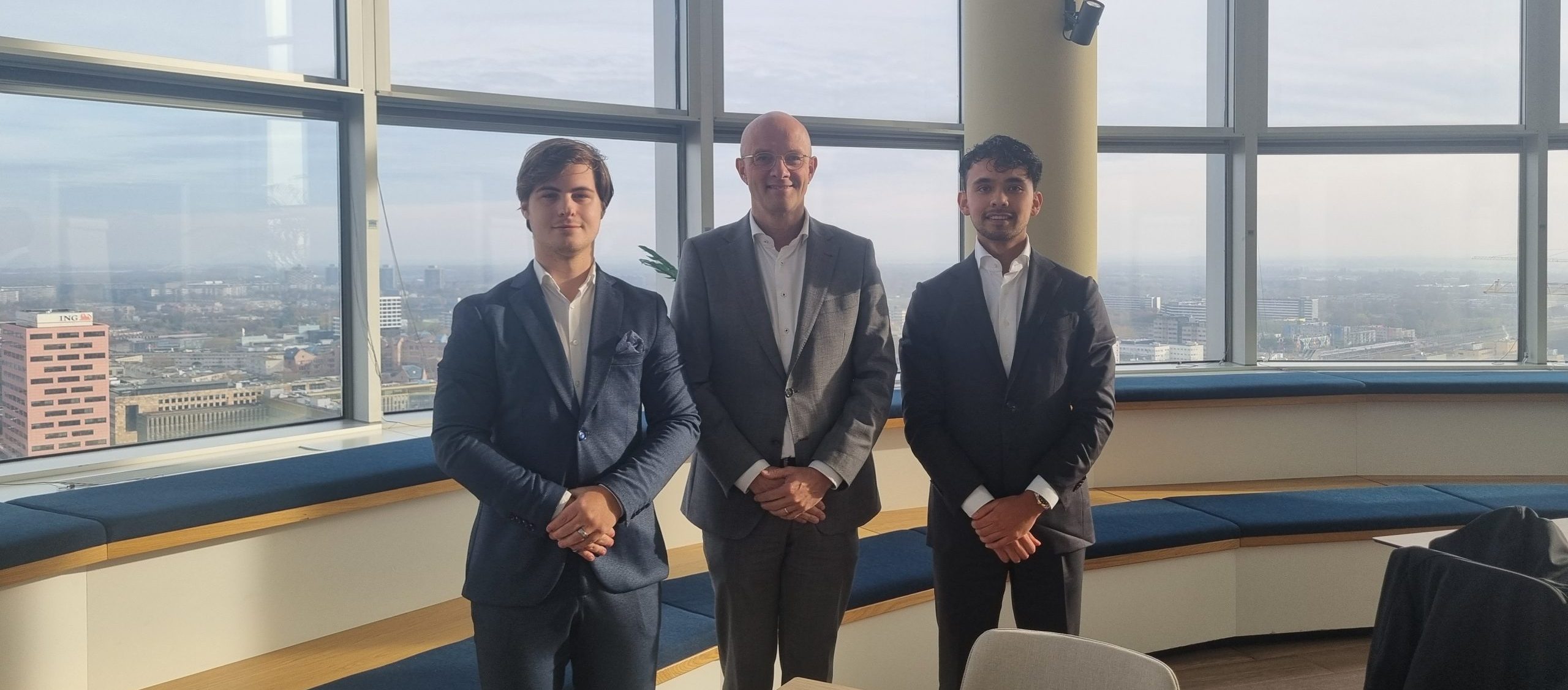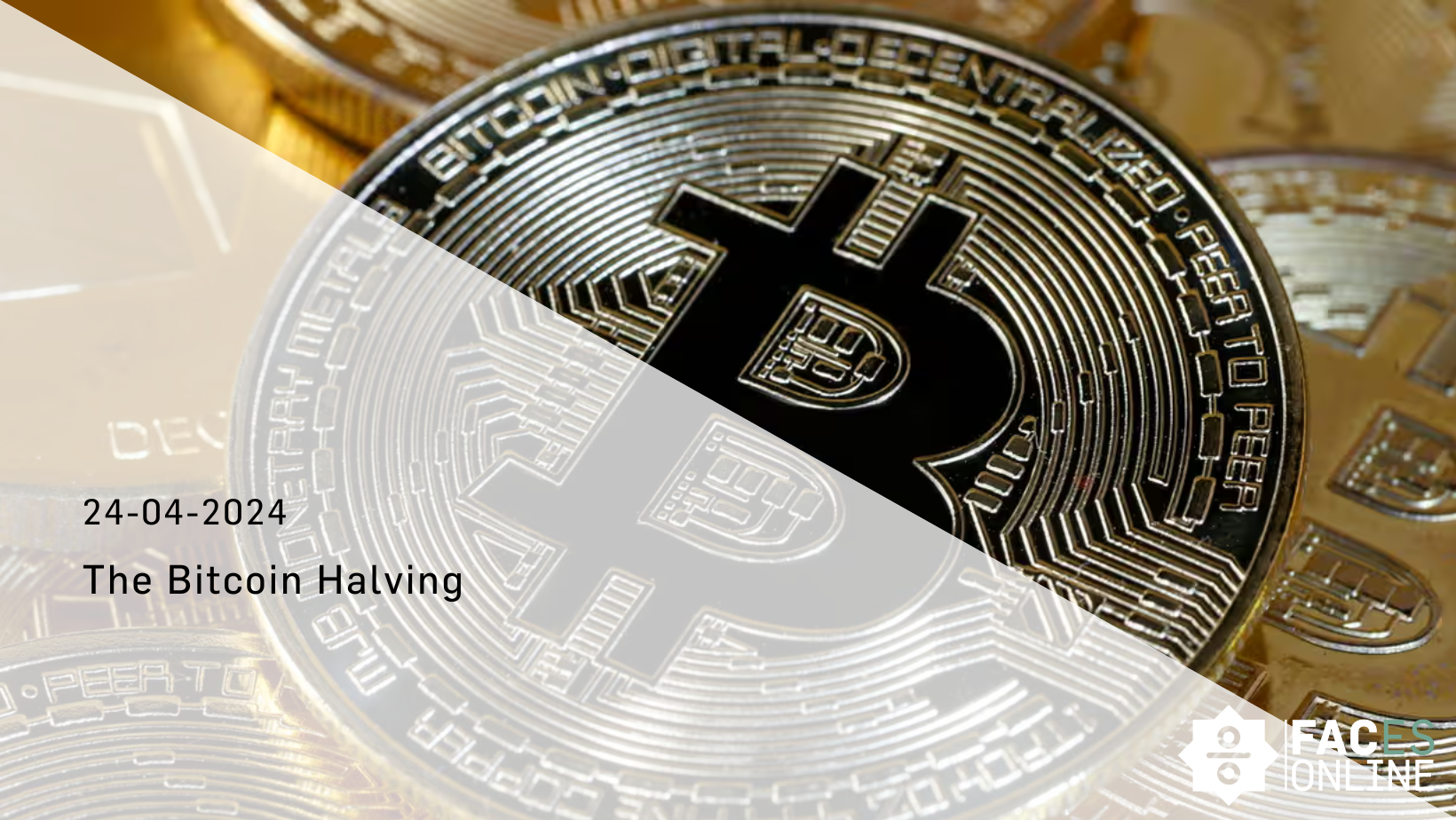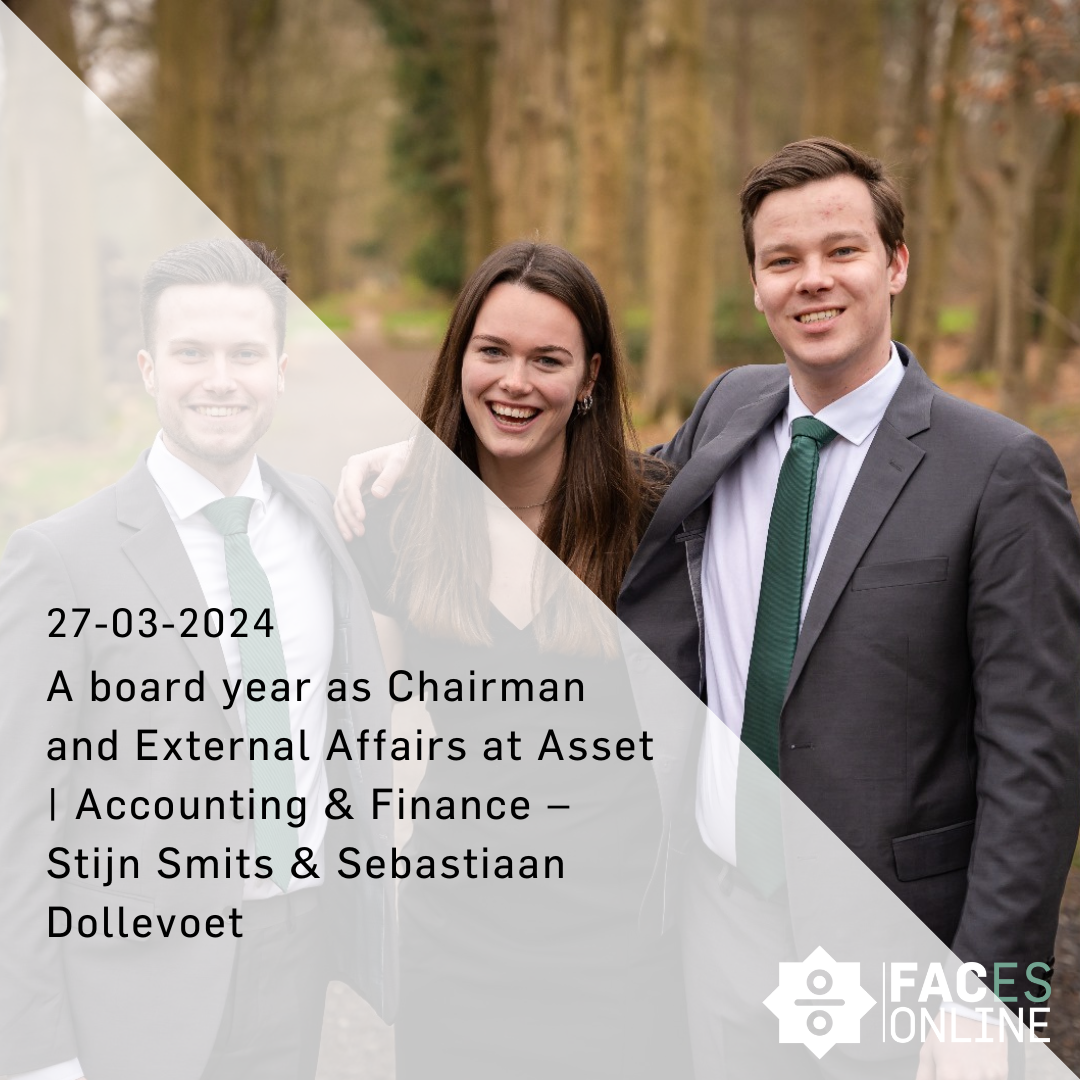Disclaimer: This article is for entertainment purposes only and cannot be used for financial advice. Since its inception, Bitcoin has caught the
 Deutsche Bank is a German global financial institution headquartered in Frankfurt. It is one of the world’s largest banks and operates internationally with operations in more than 70 countries. Deutsche Bank offers a wide range of financial services, including investment banking, asset management, retail banking and private banking. The bank has a long history and is involved in a variety of financial services, including advising businesses and high-net-worth individuals. Like many large banks, Deutsche Bank is subject to strict regulation and plays an important role in global financial markets.
Deutsche Bank is a German global financial institution headquartered in Frankfurt. It is one of the world’s largest banks and operates internationally with operations in more than 70 countries. Deutsche Bank offers a wide range of financial services, including investment banking, asset management, retail banking and private banking. The bank has a long history and is involved in a variety of financial services, including advising businesses and high-net-worth individuals. Like many large banks, Deutsche Bank is subject to strict regulation and plays an important role in global financial markets.
What did you study and how did the study help with the job you have now?
I did several different studies and quite a detour. My first study was HEAO CE and IM, now known as HBO commercial economics. I then went on to study management and organizational sciences in Tilburg, now called business administration. Remarkably, after that study I started working as a stock trader, despite my non-financial background. Some understanding of math was an advantage for that position. I only did that for a year, as that company went bankrupt within a year. The owner, who had lived through the 1987 stock market crash, speculated daily on another stock market crash. Despite successful transactions for clients and a lucrative partnership with an American company, the company went bankrupt because of its own risky positions. During my time there, I had the opportunity to pursue several studies, including a master’s degree in finance in Tilburg. During my career, I also took leadership courses at INSEAD and most recently at the London Business School, all of which contributed to my development. I held several positions, including private banker and later as head of private banking and branch director in Eindhoven. The whole private banking world and its structure changed significantly during this period. In my early days, all administrative and support functions were organized locally, but this is now all centralized, partly due to automation. At Deutsche Bank Netherlands which now employs about 550 people where it was double that 10 years ago. Automation has led to the disappearance of functions, and the financial sector as a whole has become significantly smaller.
When I started, the banking sector was one of the largest sectors in the Netherlands. If you looked at the AEX index and talked about financial companies. At that time, they formed a significant part of the total market capitalization of the AEX. Think of companies like ABN AMRO, ING, AEGON. Tech companies, however, have now added a new emphasis to the composition of the AEX.
Is that due to do with the fact that many large companies are setting up in London?
Physical bank branches like they used to be, are now gone. You may remember when you could simply walk into any town and find all the major banks located there, complete with full-service options, such as arranging mortgages with a mortgage broker or consulting an advisor for SMEs. That’s all a thing of the past. Most services are now done online, and the few remaining branches are mostly found in larger cities, where you can’t even just walk in without having an appointment. So, the barriers have become higher. The number of employees has decreased significantly, and call centres are on the rise, not only in the Netherlands but also abroad, such as in India. In short, there has been a profound change in the industry that has had a significant impact on employment.
How could a student who wants to get into banking, prepare for it?
The way it looks now, there have been some changes and some things have remained the same. The basics of a bank and the revenue model, whether financing or saving. A bank like Deutsche is a good example of this. A large international bank that serves it from multinationals to SMEs, to very wealthy individuals and families, and financial solutions for all these audiences. For a student it is attractive to work at an internationally operating bank that serves many customer segments with a great diversity of work and thus career opportunities.
So why am I working at Deutsche and not more at a Dutch bank? This is mainly because of its international character and the versatility it offers. When I look back at what I’m doing now and why I like it so much, and why young people should consider it, is because of this audience, which I find particularly interesting. I also left the bank for a while. For six years I had my own business focused on the segment of very wealthy families, the so-called ultra-high net worth individuals (UHNWIs). During my own time as an entrepreneur, I helped these high-net-worth families internationally to consolidate their wealth positions and provide insight through a digital platform. In 2020, that company was sold to an American party. After which I rejoined the bank. The reason why I chose Deutsche Bank and not a Dutch bank stems from the specific needs of this target group. They have sophisticated financial needs because of their global businesses and banking. Whether it is an operating company in a specific country, investing in real estate in New York, or acquiring another company, all of these diverse needs translate into financial solutions. The more international the bank can facilitate these clients, the more attractive you are as a bank to these types of clients.
If you look at Deutsche Bank, it has not only private banking but also other services such as investment banking. Does that have an advantage over parties that only offer private banking?
That’s a good question and exactly why I started working at Deutsche Bank. This is mainly because of the opportunities available within this bank. In addition to private Bank, there is also an investment bank and a corporate bank. This is different from most Dutch banks. Certain clients need this combined expertise. What makes private banking so interesting is the fact that you always communicate with the owners of firms, the ultimate beneficial owner. That is the nicest thing private banking has to offer, because you are in contact with the decision makers, the individuals that run the company and make decisions about investments, strategies and acquisitions. Young people should consider private banking because of the various opportunities within this field.
In which case is it interesting to bank with Deutsche Bank’s Private Bank?
If you have total assets of 50 million or more, it doesn’t really matter what it’s in. We look at the balance sheet of such families, which often consist of companies, real estate, listed investments, and then we are happy to be there. We like to open an account and our job is to find out more from that client’s goals and be there when it translates into financial needs.
You hold the title ’Head of International Private Bank the Netherlands’. What are your day-to-day activities?
Yes, that’s a good question. To give you an idea, I am part that covers a region called North and Central Europe and Emerging Europe. That means my supervisor is in Switzerland, in Zurich. Tomorrow and the day after, I will be in Zurich for a so-called offsite, where we plan for 2024. I’m working there with colleagues responsible for the Nordics, Austria, Switzerland, Germany and even some markets in Eastern Europe and France.
We discuss strategy and look at what the market looks like, identify parallels between different markets. What can we learn from each other? What can we do together? What steps do we need to take and what resources do we need to do so to be successful in 2024? Much of my time is spent continually reviewing what the market demands and what the bank can offer. There is a lot of room for entrepreneurship in this bank, because you try to follow the customer literally and figuratively. And so, what does that mean? I come back to my team here, that is working on it. I work with teams in Luxembourg and Switzerland. These are all supporting teams that assist in creating solutions. Here in the Netherlands, there are only people who maintain the relationship contact. The specialist teams are in different places in the organization. Together with them I build and maintain financial solutions for Dutch customers.
What do these specialty teams do besides relationship management?
When we talk about financing, lending, we have a coverage team here, as it’s called. Those are the relationship managers that I manage. They have to contact the customer, find solutions and initiate deals. If they come across a prospect or customer within the target group we want to serve and they say, ‘See those properties on the Zuidas? Those are mine or I want to buy them and I want financing of x amount for that’, then we say fine. We have specialists to structure such financing.
From the financing perspective, we have financing that gets on the bank’s balance sheet that we therefore hold for a long time, for example, a mortgage on real estate that runs for ten years. However, if a client wants to do a specific acquisition or buy something with a much higher risk, the interest rate will also be much higher. What we then do with the Investment Bank is to look for a third party, because that is basically what the Investment Bank does. This can be anywhere in the world, such as an institutional party that is willing to bear that risk at an appropriate remuneration. The Investment Bank acts as an intermediary to get the financing on the back end. So, the financing comes not from the bank’s balance sheet, but from an institutional party, such as a U.S. pension fund or a private equity party.
The customer has a financing or financial need and then we literally look at where in the bank can we fill that need. If it is a financing need, we look at whether we can fill it within the bank or whether we need to arrange it outside the bank, where we have an intermediary role to offer it to the customer. That intermediary role is typical of investment banking.
Do you invest yourself? Are you an active investor yourself?
Active is not allowed, because of all kinds of rules within the bank. I am bound to play by the rules because of contact with clients. But anyway, I do invest, of course. I Always have. The best advice I also give my children; is to start young.
What has been your best investment?
Well, look, the best investment is having your own business! But boring investments are basically the best investments. Just staying in a broadly diversified market. And whether that’s in the Standards & Poor’s or whether you’re in Nasdaq-like indixes or a basket or now in AI related stocks.
Do you maybe have any tips for students studying Finance right now? Or for students who want to work at Deutsche Bank?
The tip is to look especially internationally and not just to the Netherlands. The Finance sector here in the Netherlands has become quite smaller. If you want to go international in Finance, it’s important to be open to opportunities in cities like London or Frankfurt. If you want to work at Deutsche Bank, opportunities in the Netherlands are limited. A traineeship at Deutsche is often initiated by Frankfurt, and you could potentially be placed in Amsterdam. Outside the Netherlands, there is more to do and the work is more varied.
What is the reason for that, compared to the rest of the world?
London has a special place in my heart. The dynamism of the city, the way it facilitates the financial sector, with all the challenges that come with it, really energizes me. Some of that energy can be found here at the Zuidas. The financial sector in the Netherlands is relatively small, so it makes sense to look abroad, especially where there is significant investment in the financial sector.
So, what keeps you in the Netherlands?
I am fortunate to be able work a lot internationally, since I work for an international bank. I am regularly in London, tomorrow and the day after in Zurich and Luxembourg. A traineeship is by definition very interesting for a student at any international bank, because you see different departments. I would not focus directly on private banking because it is a broad sector, as I outlined earlier. There are big differences between private banks and their target groups. Keep your options open. What I see is that the best private bankers often have a specialized background in investment banking, corporate banking, or have experience on a trading floor. They have accumulated specific knowledge that allows them to add value to the client and the market. A private banker starting at 25, like myself, is not necessarily the best profile.
And the credibility of the private banker is crucial. Age can help with that, because you become a credible conversational partner with age. Also, specific knowledge is key. That knowledge can come from experience in another department or specialty in the financial sector, such as working as an investment banker, stockbroker, or in a lending department. The client then sees that you have experience structuring large transactions, knowledge of taxation, and other relevant expertise. Starting with a generic approach is the worst advice I could give.
How do you get in touch with new customers?
I have a fairly extensive network. It is essential to know when a client may be of interest to us and when this translates into a financial need. For example, an important moment is when someone owns a business that is for sale. The challenge then is to get to the table with the person selling the business. Another effective way is when an existing customer introduces a potential customer. We try to motivate clients to do this, and they often do so when they are satisfied with the service.
Have you experienced another Wild West story during your career?
Yes, I definitely experienced that. I could even write a whole book about it. In private banking you come into contact with all kinds of people from all over the world who at some point come to you with different requests. In my time at Van Lanschot, for example, I had an interesting gentleman from the Middle East. He arrived in an extended Mercedes with flags, fully blinded. Despite proudly proclaiming his wealth, he asked for financing and offered his collection of Arabian Thoroughbred horses as collateral. To verify authenticity, I was allowed to contact a minister who was an acquaintance of his. Such stories come along from time to time, and you quickly learn when something is or is not serious. We’ve also had situations where someone claimed to be making billions with crypto, but needed a few million in funding first. Over time, you develop a nose for this sort of thing. However, this gentleman from the Middle East was one of the most notable cases. He would always call me, ask how I was doing in English, and when I answered that I was fine, he would always say, “I’m always fine when I talk to a friend. Then you also knew enough.





















